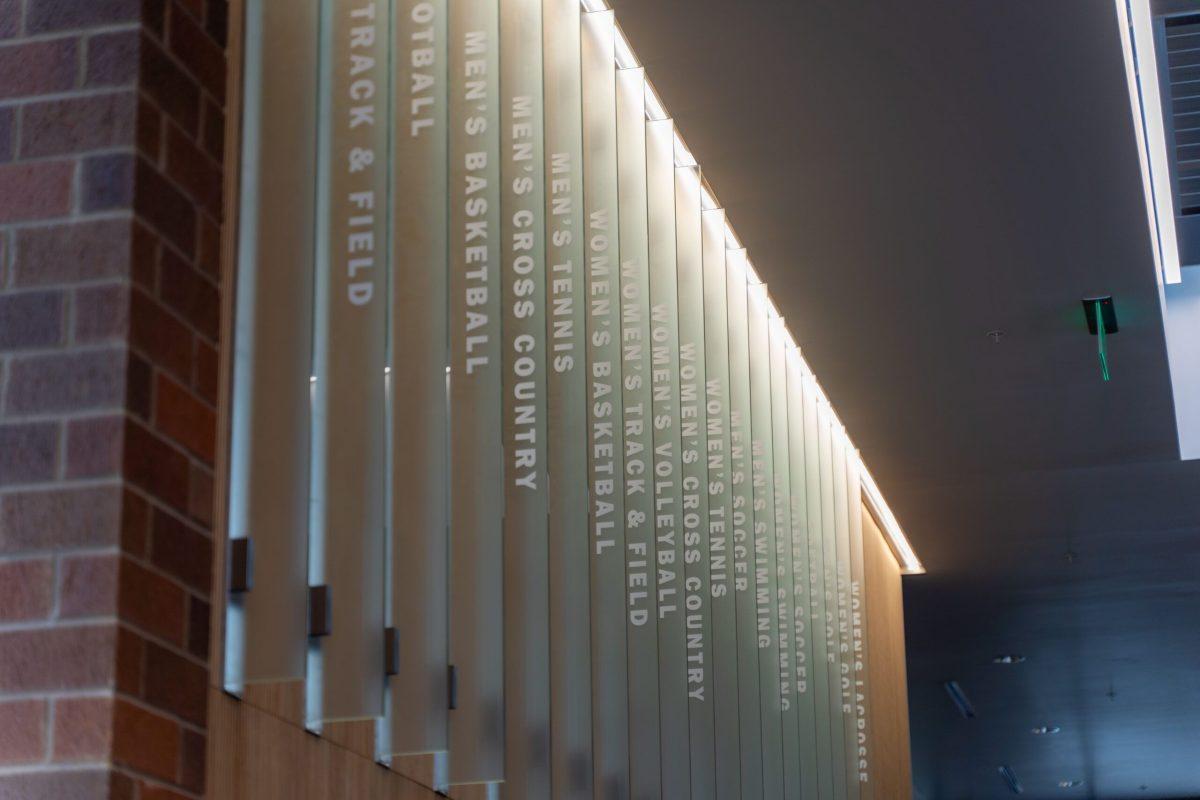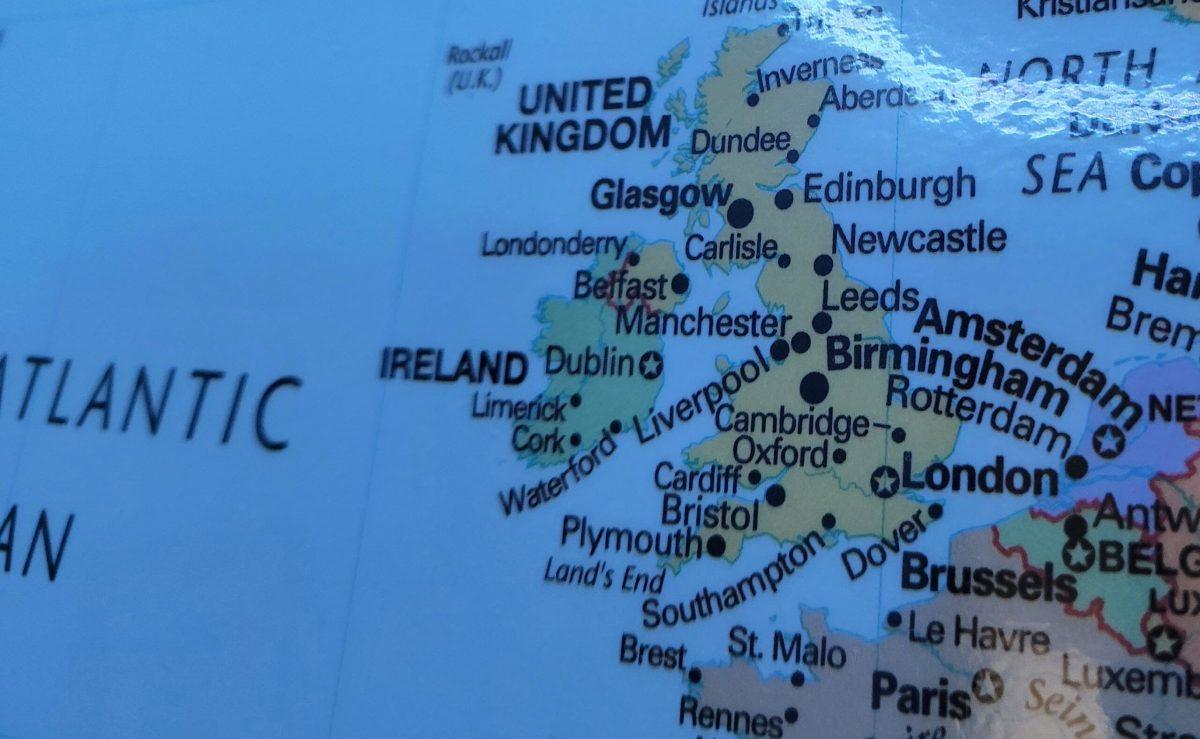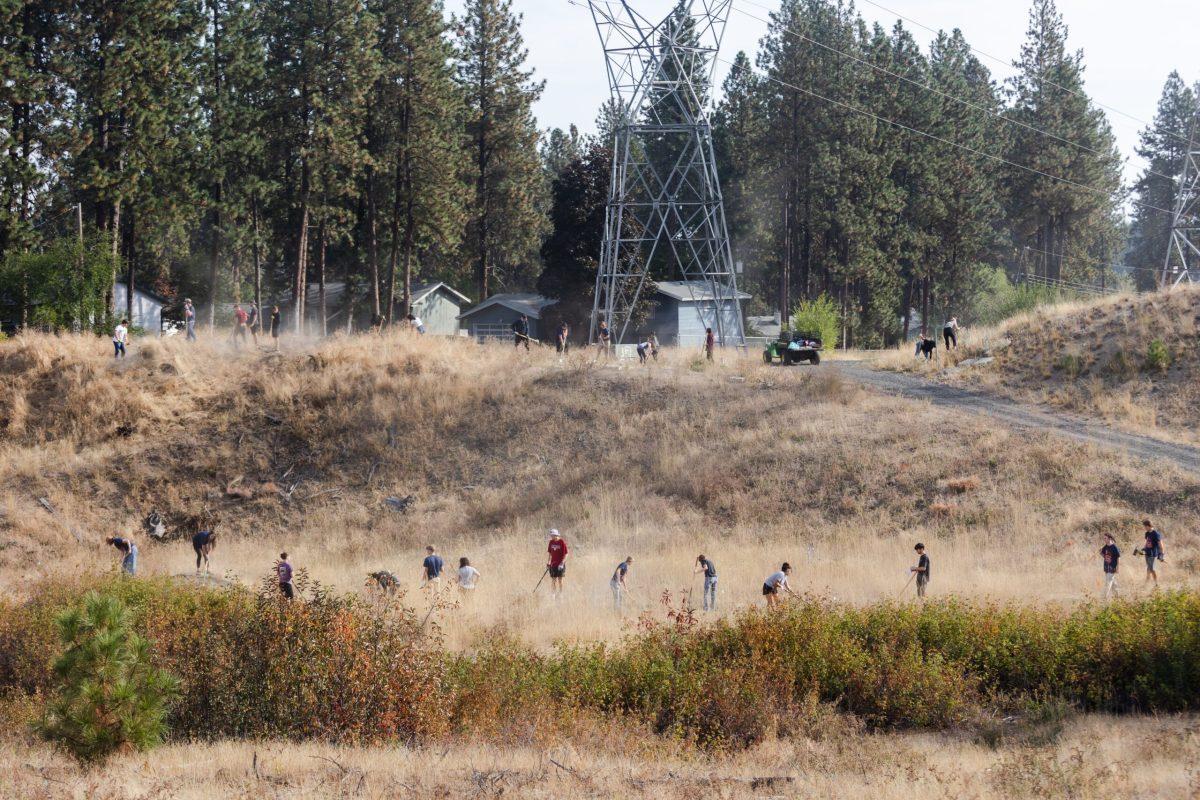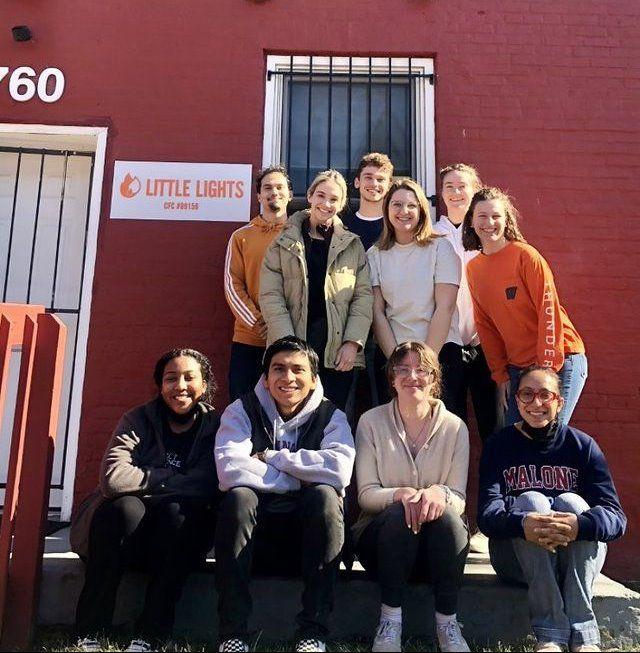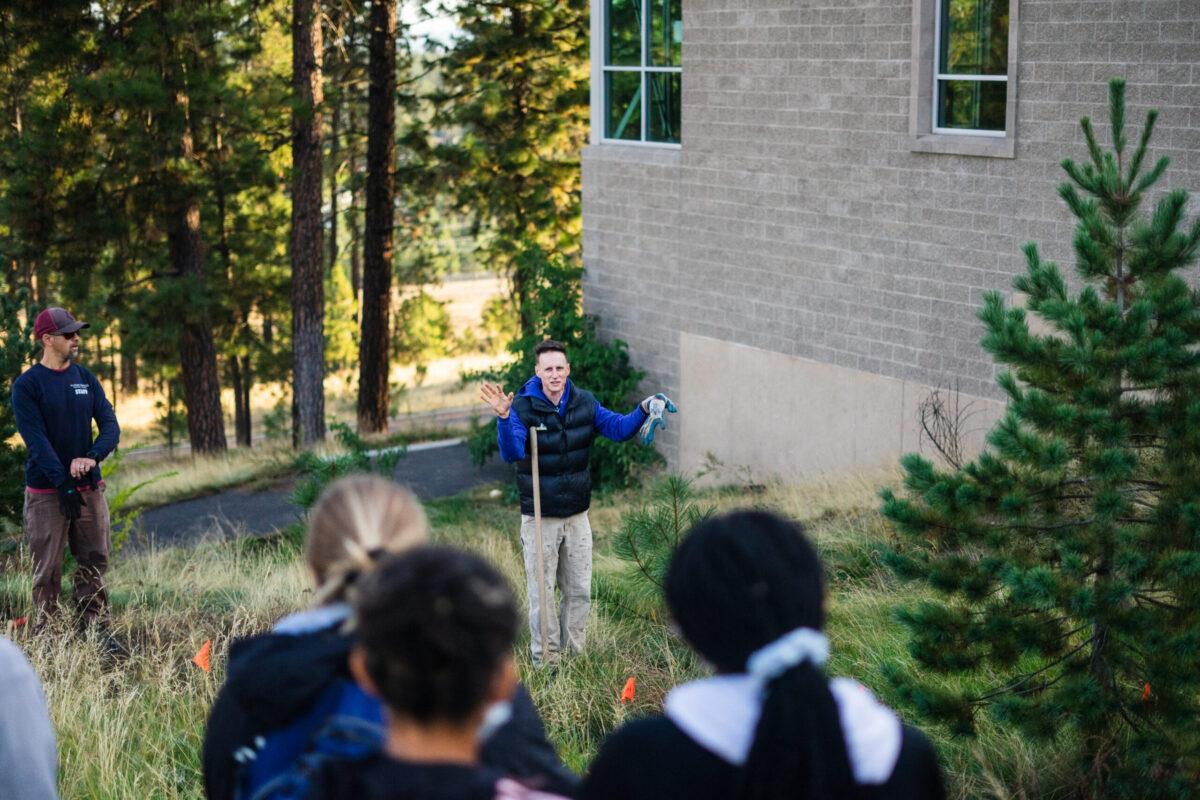The Boston bombing on April 15 proved to be an experience that would impact the lives of all who were involved. For Whitworth alumna Lesley Williams ‘96, that day will always live in infamy.
Williams was competing in the Boston Marathon day and crossed the line about two minutes before the bombs went off.
After crossing the line, Williams said she was burnt out because of the difficulty of the marathon. There was a procession after the race, and on her way to get water, she heard it.
“It sounded like an explosion, it didn’t sound like anything else. There was no doubt that it was an explosion…There was a lot of surprise, shock,” Williams said. “I turned around, there was smoke coming up in the air, but I was too far away to see anything once I saw the smoke in the air…and then the second one went off and, I just knew it was a bomb. Everyone around me knew it was a bomb.”
Williams said that the marathon volunteers kept telling her and the other runners to keep moving forward and move away from the finish line. In the midst of it all, Williams said there was chaos but not panic.
“People had their phones with them and they started calling people. We heard the word ‘bomb’ at that point. I proceeded…two blocks to the buses where our dry clothes were to get my phone, to call my husband,” Williams said. “He was panicked because he heard about the explosion too and I think he said a good ten or twenty minutes he had trying to get ahold of me, but since I didn’t have my phone, he couldn’t.”
Williams that after some discussion, she organized for her husband and the people that were cheering her on to meet her at a nearby hotel. She sat in the lobby and waited until they came to pick her up.
Despite the events from this marathon, Williams said that everyone she talked to in the running community talks about doing Boston again next year.
“I don’t expect Boston to be the same. I’m sure that any running event is going to be different from now on,” Williams said. “I don’t think anybody is going to stop putting on a marathon because of this. I think they just have to be more vigilant or more aware that anything could be a target.”
Farther south, Whitworth junior Nathan Reid said through email that he was presenting his policy recommendation on the CISPA Internet Security Bill to the Legislative Correspondent in US Senator Jeff Merkley’s office when he first heard of the bombings. The next day, April 16, Reid said he and his fellow interns saw an obvious increase of overall security, intended to thwart any follow up attacks after the Boston bombing.
In addition to the events in Boston, the ricin-laced letters sent to Senators provided an additional area for American concern. On the morning of April 16, Reid received an email that the U.S. Capitol Police were notified by the Senate mail-handling facility that they had received an envelope containing a white powder that was intended to be sent to a Senate office just down the hallway from where Reid worked.
“After the preliminary tests indicated the substance was ricin, we were told that the mail service would be shut down for the next few days, which really impacted our office,” Reid said. “The rest of the day went smoothly, and I left the building without any worries.”
On April 17, Reid said the day began just like the day before with increased security screening upon entering the Senate building. Then at about 11 a.m. they were notified to “shelter in place” due to suspicious packages being left around the building and because a suspicious man had been delivering letters with powder in it to Senate offices around the building. One of the packages was just down the hall from their office, and they were unable to leave to go to a more secure place.
Reid said that they were instructed to simply shelter in place until the Capitol Police could deal with the situation.
“At the time it was fairly frightening because I had never thought I would be in this type of situation. Additionally, to think that someone was sending Ricin, a deadly powder, to offices in the same building was nerve-wracking,” Reid said. “Thankfully, the Capitol Police were able to respond to the packages, which were benign, and after about an hour and a half we were given the all clear and able to leave our office.”
Despite their different experiences, both Reid and Williams had similar responses to the end of the chase to find the suspects in the Boston bombing.
“My initial reaction to the death of the first suspect was upsetting because I know that the police were trying to capture both of the suspects to interrogate them to find the motive behind the attacks,” Reid said.
Williams said through email that she was glued to the television during the manhunt, hoping and praying they would be taken alive.
“I feel very grateful to the officers and analysts who tracked them down. I am relieved to know they cannot do something like this again,” Williams said. “As far as the one being killed, I wish he had lived. He seems more like the ringleader of the two and I wish he was around to answer questions. But they captured one and that will be enough for me. I look forward to his trial.”
Contact Connor Soudani at csoudani16@my.whitworth.edu

